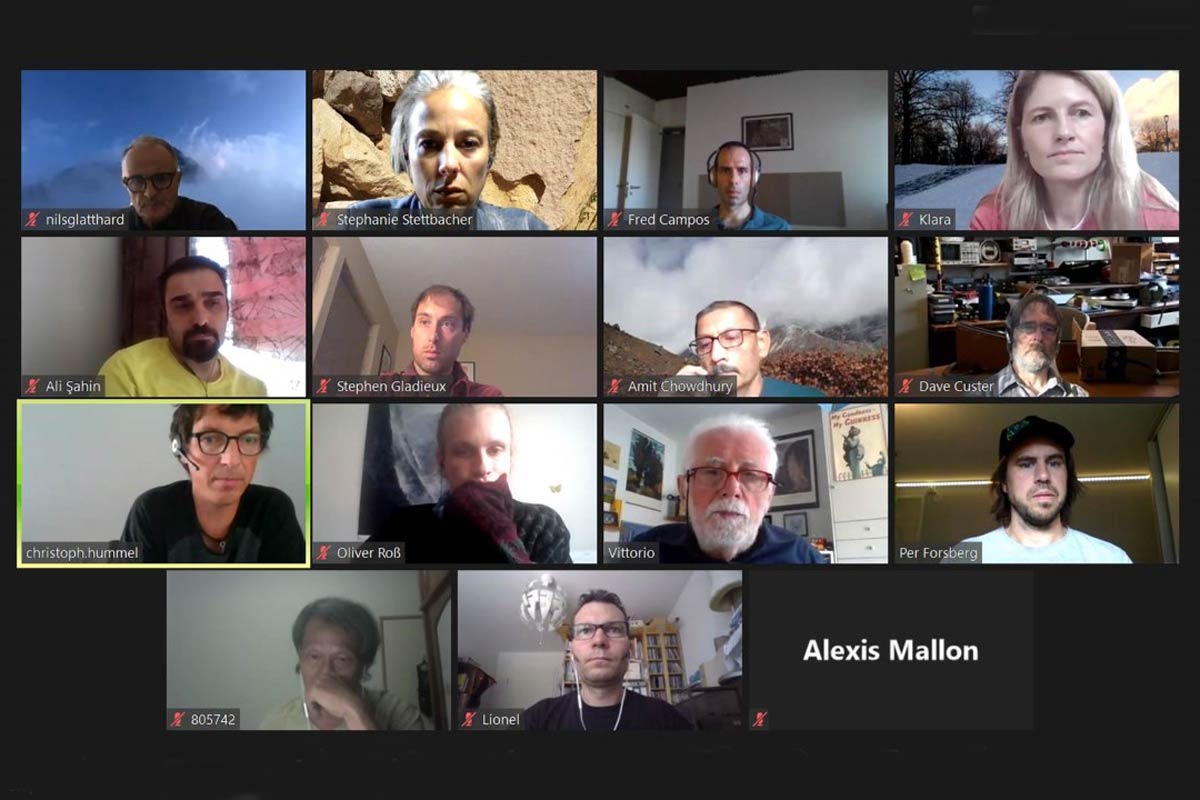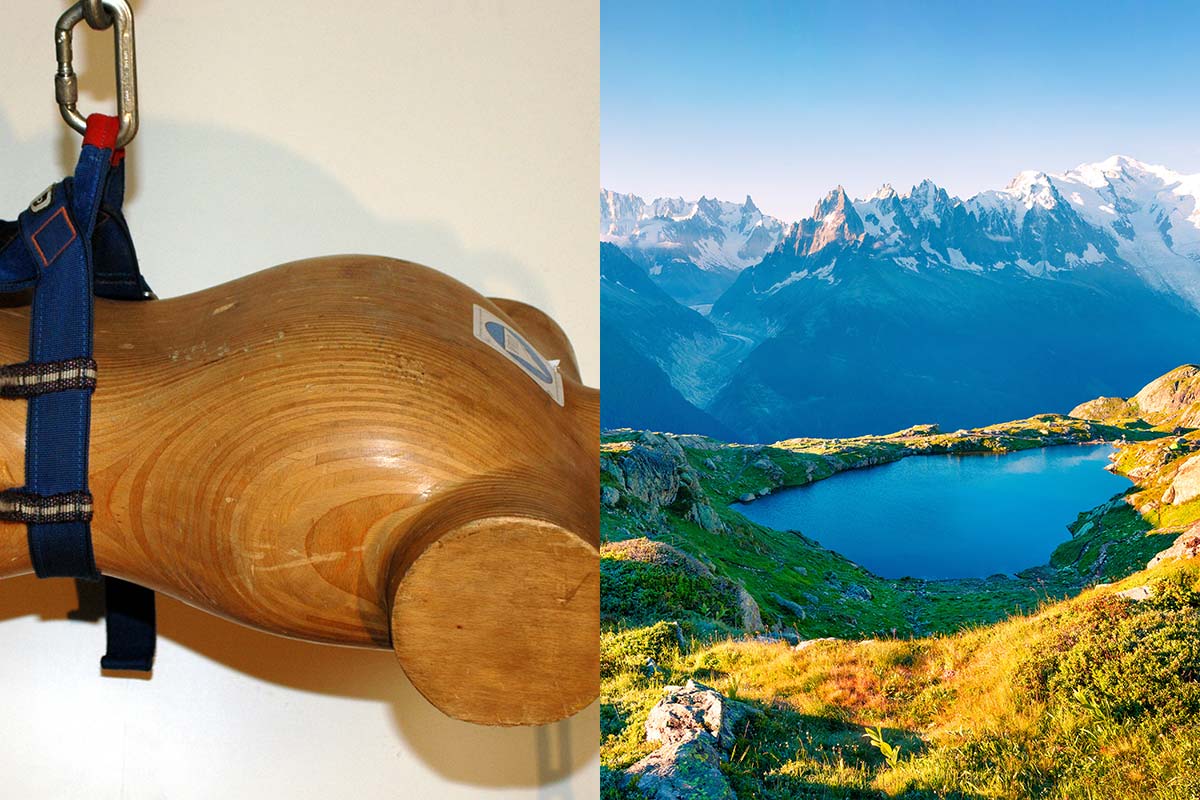The UIAA Safety Commission held an internal meeting meeting on 19 May, to discuss working group updates and plan for its first virtual Plenary meeting.
Conducted online, the internal meeting will be followed by the annual plenary meeting held together with climbing equipment manufacturers (UIAA Safety Label Holders) and representatives from accredited laboratories, 8 and 9 June.
In addition to Commission members, guests included UIAA Legal Experts Working Group Chair Klara Dvorakova and International Slackline Association (ISA) delegate Oliver Ross. UIAA General Secretary Lode Beckers provided delegates with an update on the work of the Covid-19 Crisis Consultation Taskforce.
The following principle topics were discussed:
- ISA Project on UV degradation on webbing in different environments and temperatures. The Safety Commission agreed to support the project and looks forward to analysing the results in 2021.
- The UIAA update to its Safety Standards pictorials design template has been finalised and all Standards will be updated before the end of the year.
- The Safety Commission was able to count on the expertise of LEWG Chair Klara Dvorakova. She advised the Commission on the upcoming launch of a ‘’Misuse’’ search engine of the UIAA Safety Label. This will be available for climbers and mountaineers to access from mid-June and will track misuse of the UIAA Safety Label. This service will join the existing resources already provided – the certified equipment database (to check for climbing gear/equipment which meets UIAA Standards) and Recalls database. Dvorakova has also been working on an agreement between the Safety Commission and member federation the Chinese Mountaineering Association CMA, to set-up an accredited UIAA testing facility for UIAA Standards on mainland China.
- The DAV delegate to SafeCom – Christop Hummel/Corresponding Member – informed the Commission about the recommendation of Vertical Group 11 (European Test Center Group for PPE against falls from a height) for auto-belay devices in climbing gyms. Auto-belay devices previously offered on the market were approved as restraint systems according to the standard EN 341:2011-09 and not tested as multi-use equipment (as used in climbing gyms). As there is no independent standard for auto-belay devices, Vertical Group 11 has recommended in RFU PPE-R/11.128 that the test requirements from EN 314 for Class A be increased ten times. This way the devices will meet requirements for continuous operation in climbing gyms. The DAV will soon send a communication to all of its climbing gyms recommending they use equipment that has been tested to the higher requirements according to RFU PPE-R/11.128 only.
Further updates will be communicated following the second SafeCom meeting on 8-9 June.
Recent articles on UIAA & Safety


